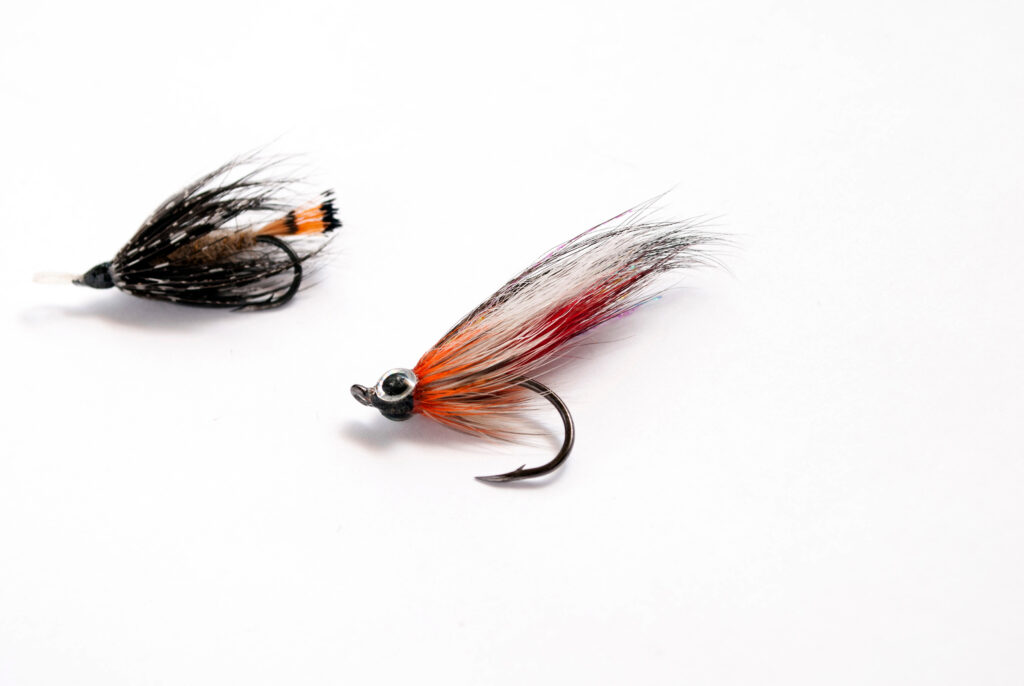No-show at the trade show

Since writing my contribution last month, I have been travelling, including a short visit to the Aquaculture UK event in Aviemore. There was a real buzz about the place, not just because of the ability to meet friends old and new but because the new organisers had much improved the visitor experience.
I have heard rumours that the event might develop in future years into some form of Scottish Aquaculture Festival rather than the current focus on the trade show. Perhaps this might attract an even wider audience?
One potential set of visitors was notable by its absence and that was the industry critics. Certainly, one of these had posted on social media that he intended to visit the event and stage a protest, yet this long-time critic failed to show. He has previously protested outside the Scottish Parliament, a salmon feed plant and a major retailer, yet, in my eyes, protesting at Aquaculture UK would have been like Daniel entering the lion’s den. Most people he would have encountered elsewhere would have just shrugged their shoulders, but Aviemore was alive with industry people who would have delighted in challenging this critic face to face. With the likelihood that no-one would have come to support him, it is not surprising he was a no-show.
I understand other keyboard critics were invited to come along but also failed to show. As their bravado can be mainly attributed to the protection of their keyboard, their failure to appear was not unexpected. Over the years, I have invited most of these critics to meet for a chat and all have refused. I expect that their confidence in their claims might melt away in the face of someone willing to discuss the issues.
I did nearly meet one critic and had arranged to meet for a coffee in Fort William. The allotted time came and went without an appearance. My only contact was through social media, and I sent a message only to be told that he had been returning to Fort William from Inverness and his car had had a puncture. At the same time, he was posting pictures of butterflies in his garden on Twitter. He didn’t offer to meet later. Clearly, he had had second thoughts.
I fully understand why these critics are so reluctant to engage with industry directly. However, I cannot understand why the various wild salmon organisations wouldn’t use the opportunity to try to get their message across. For example, the Atlantic Salmon Trust could have taken a stand at the show to explain the West Coast tracking project. Equally, Fisheries Management Scotland, who have a specific manager working with salmon interactions could have explained their position on salmon farming.
However, like the critics, such organisations don’t seem willing to engage with those who might be able to answer their criticisms. It seems to me that unless everyone is willing to openly discuss the issues then they will never be resolved.
For similar reason, it would have been good to see Marine Scotland have a visible presence at the event. Perhaps, the organisers might consider a small area of the exhibition devoted to such organisations at a nominal cost. As an industry we have nothing to hide and therefore we should encourage such debate.
Interestingly, one keyboard critic commented on social media that industry people shy away from wild fish events. This is just not true. I have attended as many wild fish meetings as I can, however many are not advertised and do not encourage those from outside to attend. I have always applied for tickets in my own name and have been approached in the past to discuss my presence on entry. I have also regularly offered to speak at such meetings including NASCO and FMS conferences, but my offer has never been taken up. It seems they just don’t want to hear the other side of the narrative.
It is my belief that if one firmly believes in their narrative, they should be willing to stand up and face their critics directly. What I have found is that it is the critics who seem unwilling to hear the opposing voices.
One of the casualties of the pandemic has been the face-to-face meeting which has been relegated to Zoom or Teams. Now life is returning to some form of normality, perhaps we should see open meeting being reinstated. I have always thought that there should be a public meeting to discuss wild and farmed salmon interactions and maybe this is something that could be organised once the fishing season comes to a close. Perhaps, this column could be the catalyst to initiate such an event.
Despite some recognition that there are other factors that are responsible for the decline of wild fish, the overriding message from critics and the wild fish sector is that the only way for stocks to recover is to remove salmon farms.
Fisheries Management Scotland have just published their 2022 Annual Review. It seems catches are down yet again across all of Scotland and the main cause has been the lack of water allowing fish to ascend rivers to the spawning grounds. This is something that may be more common in years to come but I am sure salmon farming will still be cited as top of the reasons why salmon are in decline.


